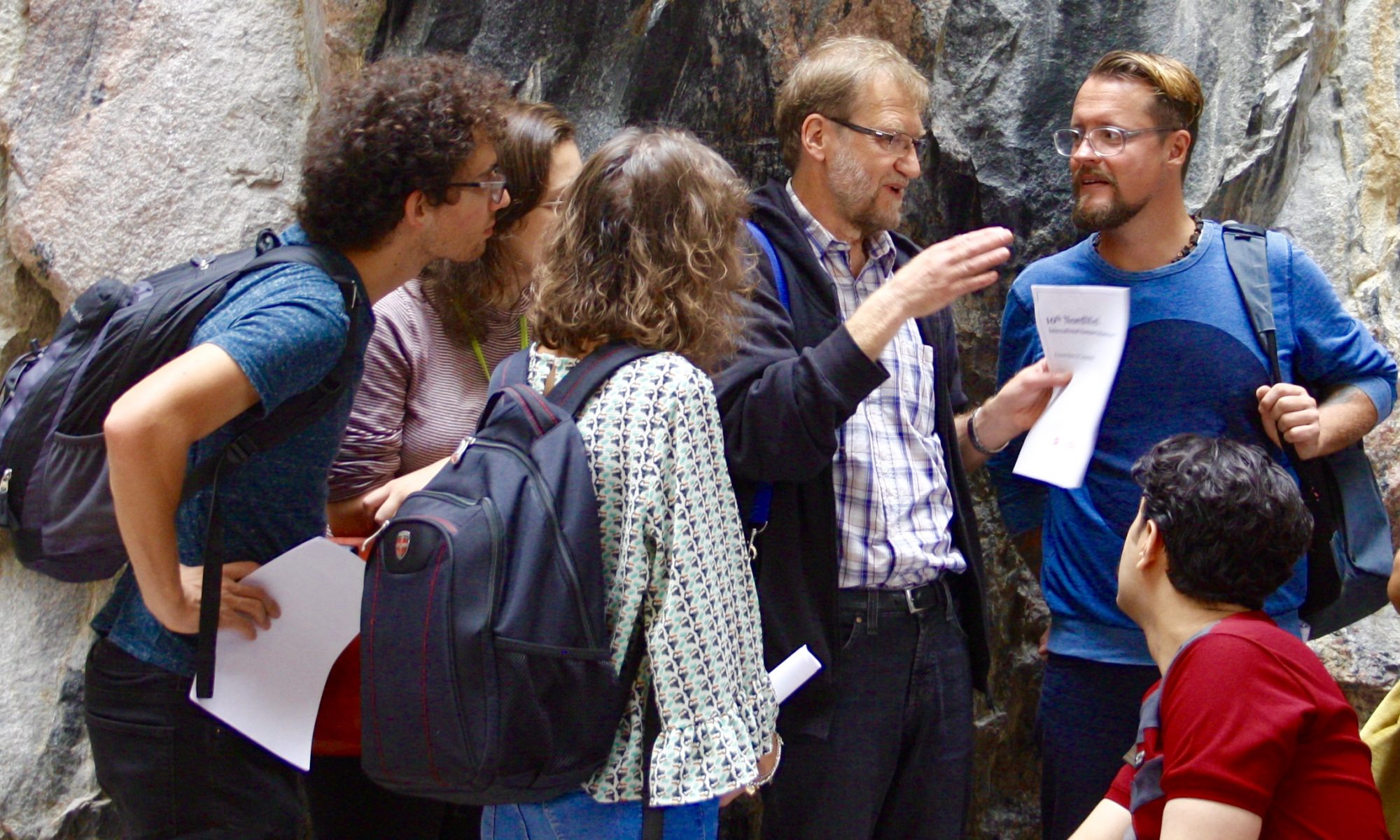Syddansk Universitet, Institut for Historie, Kultur og Samfundsbeskrivelse
PhD-project:
In the borderland of the welfare state – Danish integration policy 1967 – 2007
1986-87, 1 collection – § 20-question: On highly educated immigrants living on welfare.
Question No. S 111
To the Minister of Education. (10.17 86) by:
Jytte Hilden (S)
“Does the minister find it fair that the Danish society has to pay social assistance to people from outside the EC with accurate education from their home country and with many years of experience – often family men, with the resulting financial obligations – for many years to come, since it will not be economically feasible for them to get the same education again to prove by Danish papers that they master the discipline, they have worked with for years? ”
1986-87, 1 collection – § 20-question: On immigrants who prefer welfare rather than education.
Question No. S 1105
To the Minister of Labour. (28 / 4 87) of:
Poul Bjerregaard (FP).
“What will the minister do with those immigrants, who prefer social assistance or unemployment benefits rather than education, although it does not cost them a penny?”
How has Danish integration policy developed? How has the policy changed and what factors have pushed the development? This dissertation aims to elucidate these (and many more) issues within the framework of the welfare state. The above quotes from the Folketing’s endless debates about immigrants, refugees and integration illustrates quite well that this is a policy area which on the one hand turned into a unique policy – even with his own ministry, on the other hand, lies within the policy field of the welfare state. It is not surprising that the Social Democrats and the Progress Party were very far apart in the parties’ position on “immigrant-related issues.” On the other hand, there is in the above quotes a common core: what should the welfare state do to ensure that immigrants were not forced to (Soc.Dem) or preferred (Progress Party) to receive social assistance when they were in principle (or with the welfare state help ) able to provide for themselves? This is just one of many areas included in integration policy. In addition to social policy is also employment policy, education policy, health policy, legal policy, foreign policy etc. All important elements in what during the 1980s end and especially from the 1990s was labelled ‘integration policy’.
Although the policy is first mentioned by name very late in the period, it existed already from the 1960s and may have its roots in the pre-war period. The starting point is 1967 – as guest workers came to Denmark, but also the ‘Pole Act 1908’ and temporary law on work permits from 1926 may be important elements in Danish integration policy genesis.
The ambition of the thesis is thus to uncover a history of how and why a policy is created – a policy that already from the outset was a part of welfare policy. This study is conducted with inspiration from historical institutional theory with everything that entails
